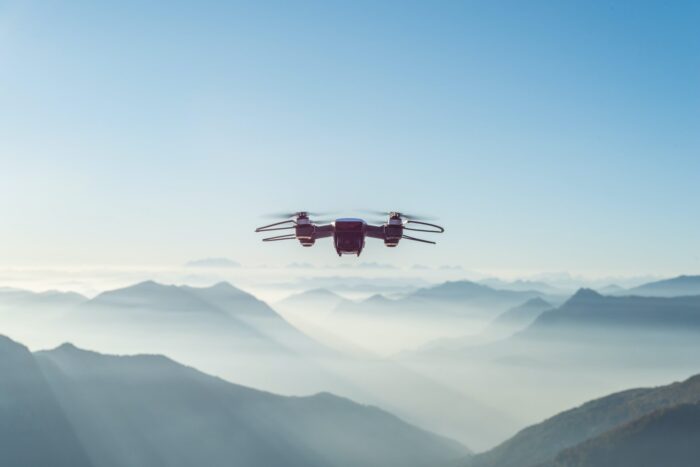Introduction
In the annals of military history, few advancements have been as transformative as the emergence of drone technology. The first drone attack marked a significant turning point, not only in the tactics and strategies of warfare but also in the ethical and moral considerations surrounding armed conflict. This pivotal event heralded a new era, where the battlefield extended beyond the limits of the human eye and posed complex challenges that continue to shape the modern world.
The Birth of a New Era
The year was 2001 when the United States Central Intelligence Agency (CIA) executed the first-ever drone attack. A Predator drone, armed with a Hellfire missile, targeted and successfully eliminated a vehicle carrying several suspected Al-Qaeda members in Afghanistan. This watershed moment not only demonstrated the potential of remote-controlled aerial vehicles in warfare but also foreshadowed the paradigm shift that was to come.
Technological Advancements and Strategic Shifts
The success of the first drone attack showcased the power of precision-guided weaponry, paving the way for further advancements in drone technology. Over the years, drones evolved from being mere reconnaissance tools to becoming deadly instruments of war. The development of more advanced drones, like the MQ-9 Reaper, equipped with improved surveillance capabilities and enhanced munitions, further solidified their role in modern conflict.
One of the most significant strategic shifts brought about by drone warfare was the ability to conduct targeted strikes without putting troops in harm’s way. Drones offered commanders the advantage of surgical precision, minimizing collateral damage and reducing the risk of civilian casualties. This newfound capability revolutionized military operations, allowing for strategic flexibility and adaptability in a rapidly changing global landscape.
Ethical and Moral Dilemmas
However, the rise of drone warfare also triggered intense debates surrounding ethics and morality. The remote nature of drone operations raised concerns about the detachment of pilots from the immediate consequences of their actions. Critics argued that this detachment could potentially desensitize decision-makers to the human cost of warfare, leading to a dangerous erosion of empathy and accountability.
Furthermore, the issue of sovereignty came to the forefront, as drone strikes often occurred on foreign soil without the consent of the host nation. The inherent challenges of defining legal boundaries in this new era of warfare led to diplomatic tensions and strained international relations.
Unintended Consequences and Future Implications
As drone technology proliferated, various non-state actors and state actors began acquiring and deploying drones for military and non-military purposes. This proliferation led to the rise of asymmetric threats, as smaller and less technologically advanced entities gained the ability to inflict damage on a larger scale.
The first drone attack also served as a catalyst for the development of counter-drone technologies. Nations and organizations worldwide sought ways to defend against drone threats, sparking innovation in detection, tracking, and neutralization systems.
Conclusion
The first drone attack was a watershed moment that forever altered the course of modern warfare. It reshaped military strategies, redefined ethical boundaries, and ignited debates on the future of conflict. While drone technology continues to evolve, its impact on global security and the ethical considerations it poses remain subjects of ongoing exploration. As history unfolds, it is clear that the genesis of drone warfare marked the beginning of a new chapter in human conflict—one that demands careful consideration of both its advantages and its profound implications.
